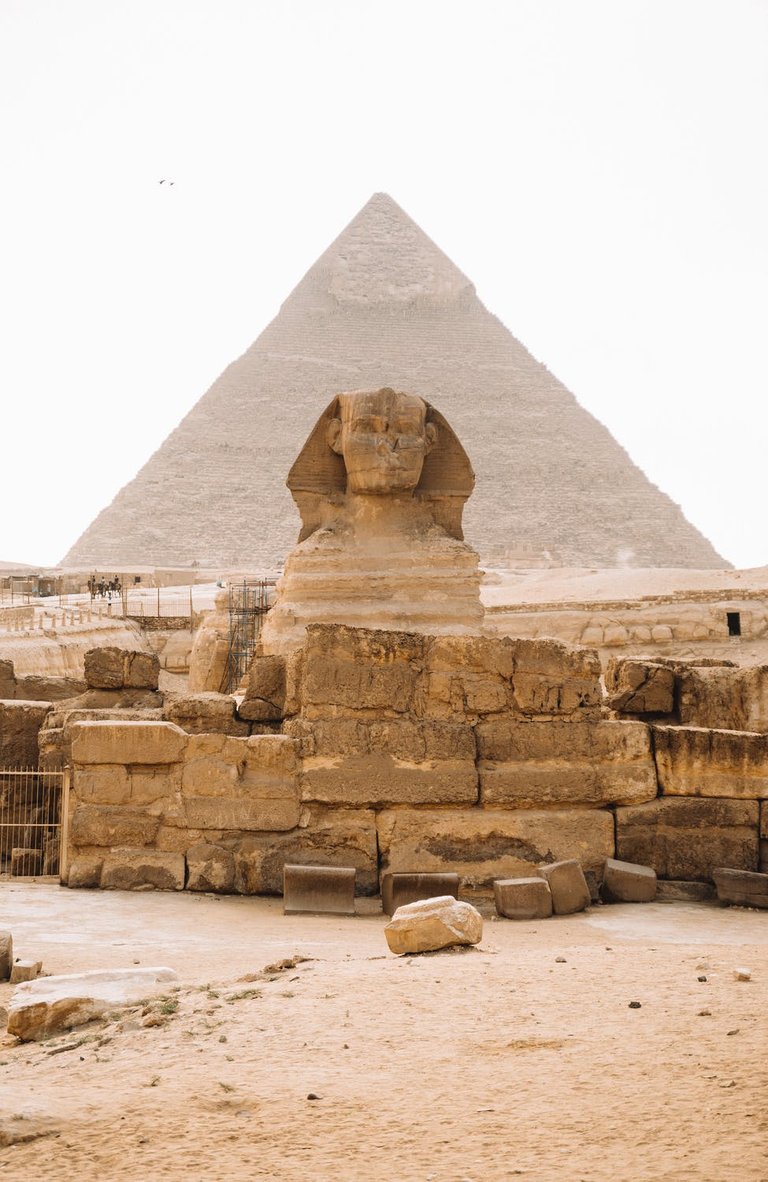When you hear the name Cleopatra, numerous words come to you when you hear the name, like harlot, selfishness, seductress, and mistress. What about wise or capable leader? She made every effort to secure her country's freedom, even though she may have passed away without doing so. She was incredibly educated and skilled at using feminine methods to achieve her goals. She could have achieved everything she desired for herself and her people if Caesar had not passed away.

Source
Unquestionably, Cleopatra was among Egypt's finest pharaohs. She has all the traits of a great world conqueror and general—always planning ahead, familiar with her foes, and intelligent. One of the most notable queens of antiquity, Cleopatra (also known as Cleopatra VII), was noted for her brilliance, strong army, and infamous affairs with political figures in addition to her reputation as a superb seductress.
Her education is not frequently discussed, which is sad because if it had been, she would be more well-known for her brains than her transgressions. It is stated that her father provided her with the best professors in the fields of speech, history, medicine, and other topics that would form a great queen. Although it is alleged that Cleopatra learned her charming techniques from prostitutes, the general consensus is that she taught herself. She may not have done it in the purest way, but she was shrewd for leveraging her feminine ways to obtain what she wanted.
Many historians, including Plutarch, have praised Cleopatra's intelligence. She was knowledgeable about mathematics, philosophy, and debating. Her native tongue was Koine Greek, but she acquired fluency in at least nine other languages during her rule, including Arabic and Hebrew. She was also gifted with languages. Being able to speak Egyptian made her the only Pharaoh of the Ptolemaic dynasty who could communicate with her army without the use of a translator.
First off, if her education is not brought up, it is impossible to justify her intelligence. It was believed that Cleopatra was the only member of her Greek dynasty of pharaohs to bother learning the Egyptian language. She was also fluent in several other languages, which would enable her to negotiate alliances and treaties with other countries without sending someone and risking getting the wrong information. Most people who want to rule the world seldom bother to learn this, even though it clearly aids in achieving such authority. She studied the tongues of the Parthians, the Medes, the Troglodytes, the Syrians, and the Ethiopians. She had a library that she was proud of, and it hurt her when it was only half-full because Cleopatra loved to read and study.—She was incredibly proud of her library, so when it was partially destroyed during the Civil War alongside her brother, it broke her heart.
Here are some facts regarding her personal and professional life.
Ptolemy XII and Cleopatra V Tryphaena were the parents of Cleopatra VII, who was born in 70–69 BC.
At the age of 18, Cleopatra wed Ptolemy XIII, the co-ruler who had taken over as Pharaoh after his father's death and was her 10-year-old brother. Ptolemy attempted to kill his sister soon after he took control, which led Cleopatra to flee to Syria.
Cleopatra understood that in order for her people and country to be powerful, they needed to be educated. The one detail omitted from history books is that she recruited the top academics to spread knowledge. During her reign, her people rebuilt her library, making it the largest in the world. There would be a great likelihood that Egypt would rank among the top educational hubs in the world if she defeated Octavian.
Cleopatra was Never an Egyptian. Although Cleopatra was born in Egypt, she was descended from Ptolemy I Soter, an Alexander the Great general, and Macedonian Greece. After Alexander's demise in 323 B.C., Ptolemy took control of Egypt and began a nearly three-century-long dynasty of Greek-speaking kings. Despite not being of Egyptian descent, Cleopatra adopted many of the country's traditional practices and was the first Ptolemaic ancestor to master the language.
She was an offspring of incest. In order to maintain the chastity of their bloodline, Ptolemaic dynasty members frequently wed other family members. It's likely that Cleopatra's parents were brothers and sisters because more than a dozen of her forebears were married to cousins or siblings. Following this tradition, Cleopatra eventually wed both of her young brothers, who each functioned as her ceremonial partner and co-regent at various points throughout her rule.
Although Roman propaganda depicted Cleopatra as a debauched temptress who used her sexual allure as a political weapon, her intelligence may have been more recognized than her beauty as one of her greatest strengths. She was schooled in mathematics, philosophy, oratory, and astronomy and could speak up to a dozen languages. There is also proof that Cleopatra wasn't as attractive physically as was once thought. Although some historians assert that she purposefully portrayed herself as masculine as a demonstration of power, coins featuring her likeness show her with manly features and a wide body features.
Three of her siblings died as a result of her involvement.
The Ptolemaic practice of family marriage included power grabs and assassination schemes, and Cleopatra and her siblings were no exception. After she attempted to assume sole control of the throne, her first sibling-husband, Ptolemy XIII, expelled her from Egypt; the two eventually engaged in a civil war.. By collaborating with Julius Caesar, Cleopatra recovered the upper hand, and Ptolemy drowned on the Nile River after losing the battle. After the war, Cleopatra remarried to her younger brother Ptolemy XIV, although it's thought that she killed him in an effort to co-rule with her son. She also planned Arsinoe's execution in 41 BC since she saw her sister as a potential heir to the throne.


